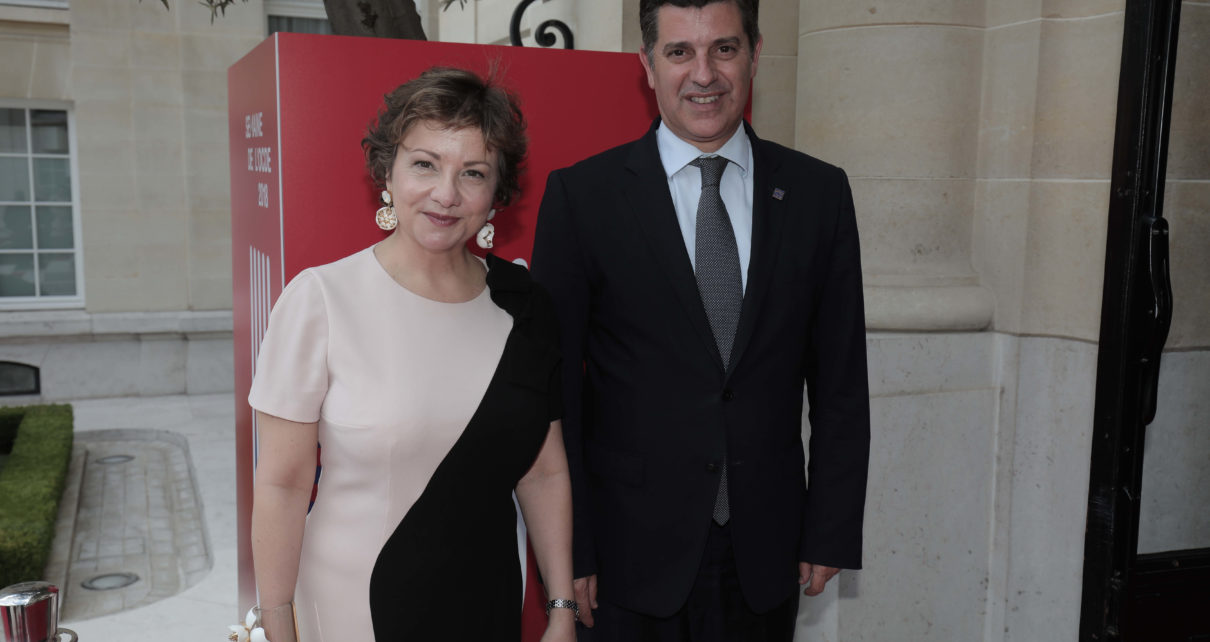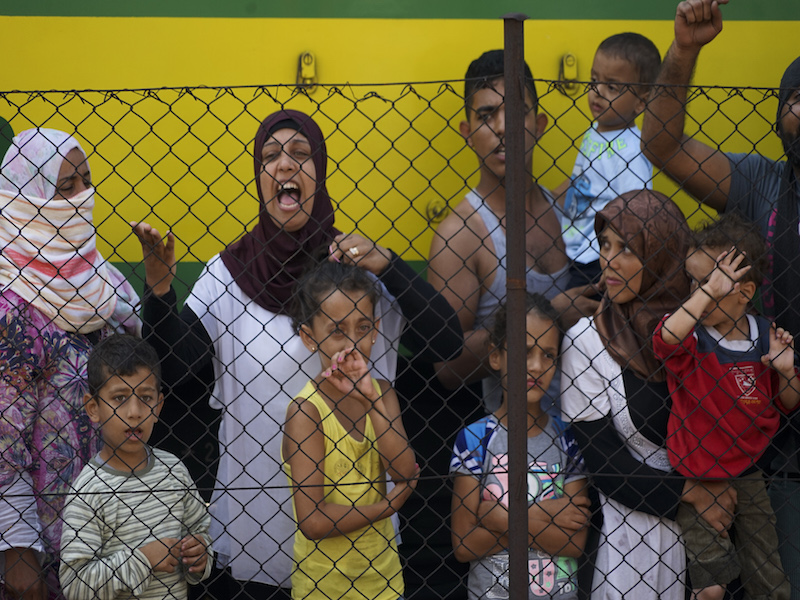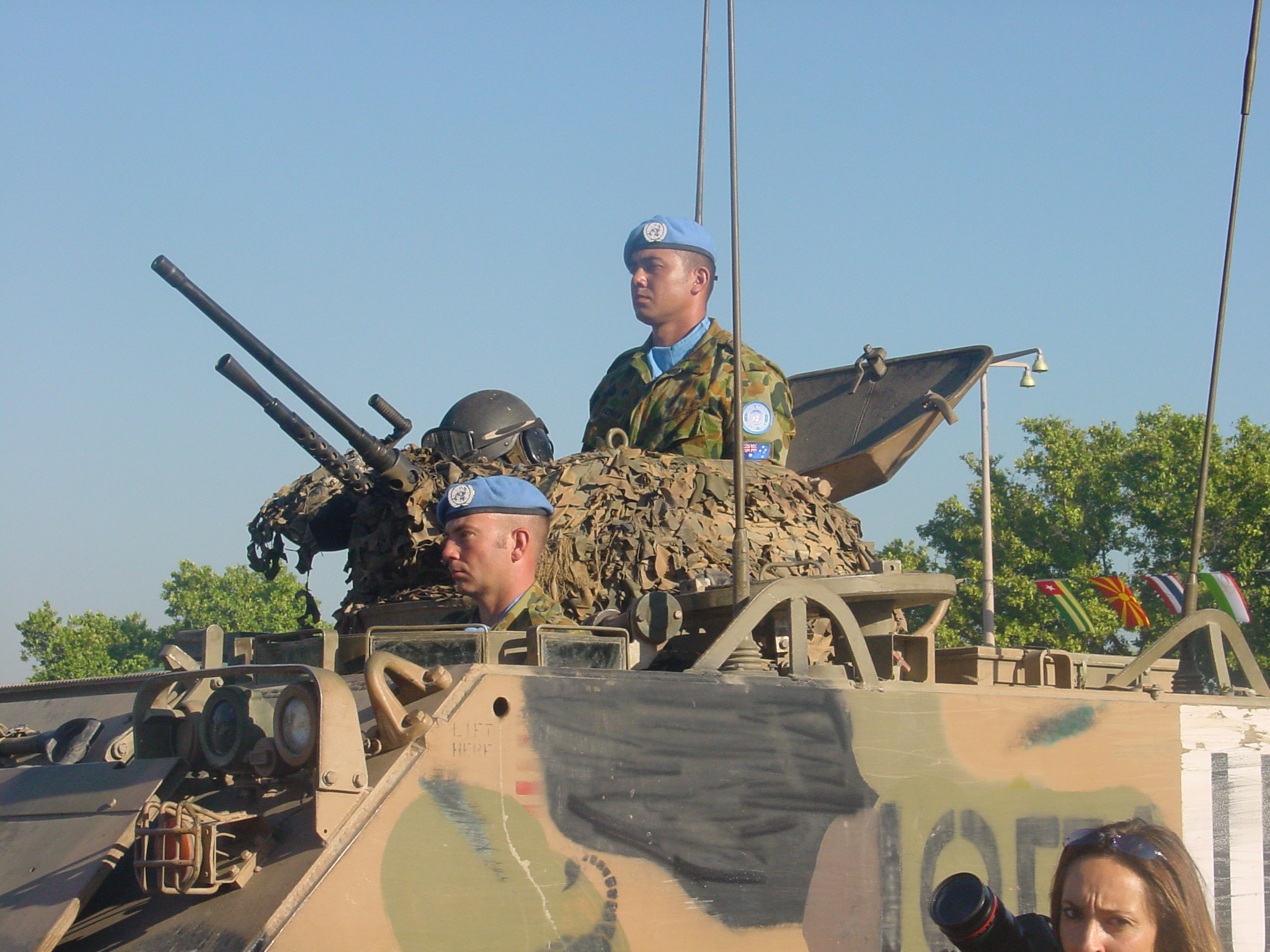What do multilateralism and human connection have in common? According to Josée Touchette, they both play a role in the solving the world’s most pressing issues.
On January 24th, Josée Touchette, Executive Director of the Organization for Economic Cooperation and Development (OECD), spoke at the Munk School of Global Affairs and Public Policy regarding multilateralism and the OECD’s “role as convenors” of global conversations. In her role at the OECD, Touchette manages finance and budget, human resources, technology and information, risk management, security, and infrastructure matters, working closely with stakeholders from 38 member governments. Some of her work includes developing and implementing strategies to respond to terrorism, cyberattacks, the COVID-19 pandemic, and energy-related challenges, in addition to conceptualizing new ways of working in an increasingly digital world.
In her speech, Touchette discussed the difficulties of multilateral problem-solving during a time where “trust in international institutions is being challenged from many very different places.” In response to such skepticism, Touchette underlined the confidentiality of the OECD’s data collection process, and stressed the importance of information-sharing to the global decision-making process.
However, decision-making at such a large scale does not happen easily. Driving a decision forward requires consensus amongst representatives from 38 states, and, according to Touchette, significant persuasion skills. Specifically, she mentioned how uniquely powerful the Canadian ability to persuade is: “[Persuasion] is a skill that we don’t realize we have and that makes us very effective in [global] settings. We are unassuming people and don’t come in with a big national ego – we just come in and do it,” said Touchette.
Touchette marvelled at Canada’s ability to implement effective policies and the way in which such policies have been able to transform the lives of the working population. She referenced the drastic change that paternal leave policies have had on the domestic and professional lives of families across Canada. Yet, despite this success, achieving equality in the workplace remains an uphill battle. Reflecting on conversations with colleagues, Touchette spoke about the ways in which women tend to exclude themselves from workplace socialization, often choosing to follow a hybrid work model, in order to multitask professional and domestic tasks. Regarding the treatment of women in the workplace, Touchette stated that “things can always be better, but they are so much better than they were”.
To continue to innovate solutions for the world’s most pressing issues, Touchette trusts in the power of connection and cooperation amongst diverse groups of individuals. When referring to the in-person nature of her speech, Touchette mentioned that the individuals in the room would be able to “make connections that may lead to all sorts of things that would not have happened had [the event] been held on Zoom.” She compared that to the role the OECD plays in bringing individuals together to engage and interact: “if we are able to make [connection] the currency, we can beat the rest.”
Photo: Josée Touchette Executive Director at the OECD and Manuel CALDEIRA CABRAL Minister of Economy Portugal (2018) by OECD/Victor Tonelli via Flickr. Licensed under CC BY-NC 2.0.
Disclaimer: Any views or opinions expressed in articles are solely those of the authors and do not necessarily represent the views of the NATO Association of Canada.




